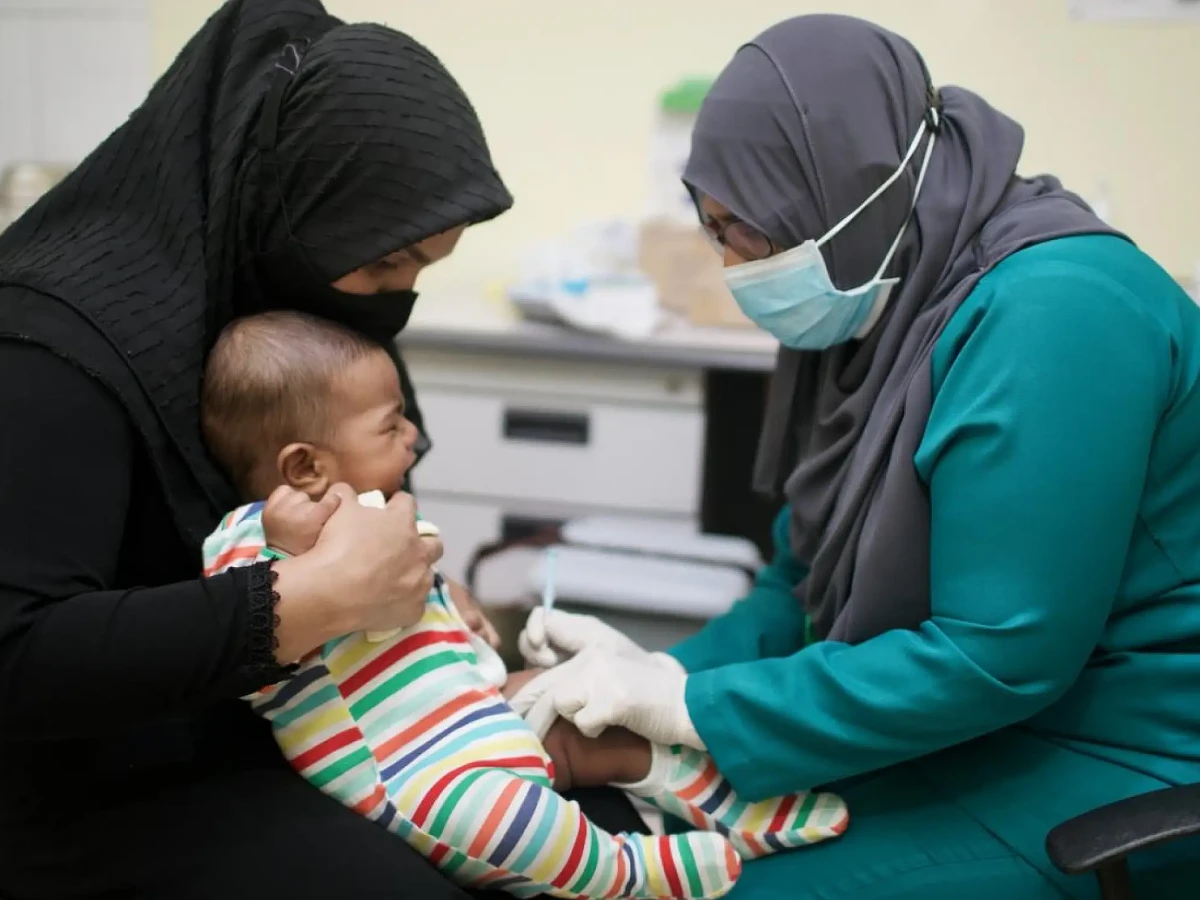
WHO recognises Maldives for controlling Hepatitis B
The recognition was made based on the consistent high coverage of Hepatitis B vaccination for children for many years.
World Health Organisation (WHO) on Wednesday recognised Maldives for controlling Hepatitis B.
In a post on X, the Maldivian Health Protection Agency (HPA) said the recognition was made based on the consistent high coverage of Hepatitis B vaccination for children for many years and the results of the recent Hepatitis B sero-survey which showed zero infections in school-children aged 6-7 yrs.
"Additionally, regular screening of pregnant women for Hepatitis B, treatment for positive pregnant women and preventive therapy in infants born to positive mothers all contribute to protection of children from #HepatitisB," the post read.
"We recognise and applaud the work of all healthcare professionals and management of health facilities across the nation, whose tireless efforts have led to the recognition achieved today."
Hepatitis B is a vaccine-preventable liver infection caused by the hepatitis B virus (HBV).
Hepatitis B is spread when blood, semen, or other body fluids from a person infected with the virus enters the body of someone who is not infected. This can happen through sexual contact; sharing needles, syringes, or other drug-injection equipment; or during pregnancy or delivery.
About 9 in 10 infants who become infected go on to develop life-long, chronic infection. The risk goes down as a child gets older. About one in three children who get infected before age 6 will develop chronic hepatitis B. By contrast, almost all children 6 years and older and adults infected with the hepatitis B virus recover completely and do not develop chronic infection.
The best way to prevent hepatitis B is to get vaccinated. All adults aged 18-59 should receive the vaccine and any adult who requests it may get the vaccine. All adults 18 years and older should get screened at least once in their lifetime.




